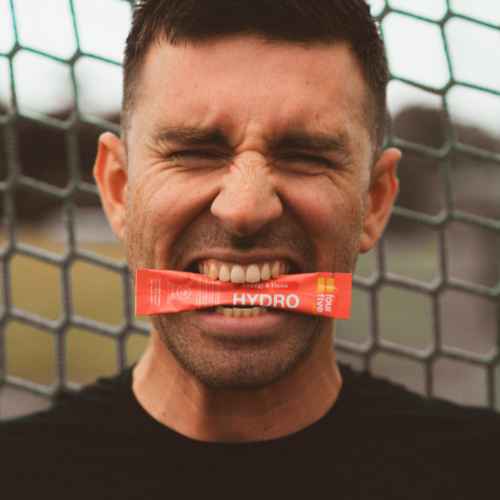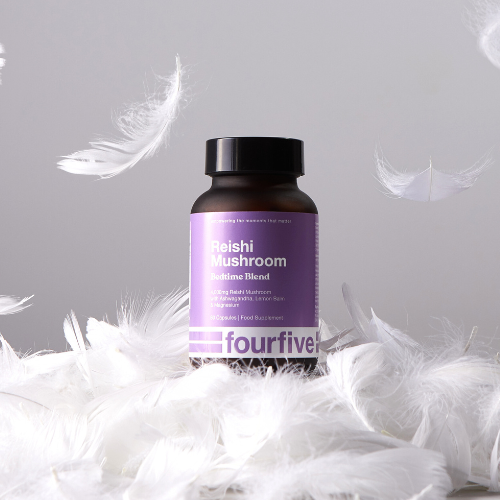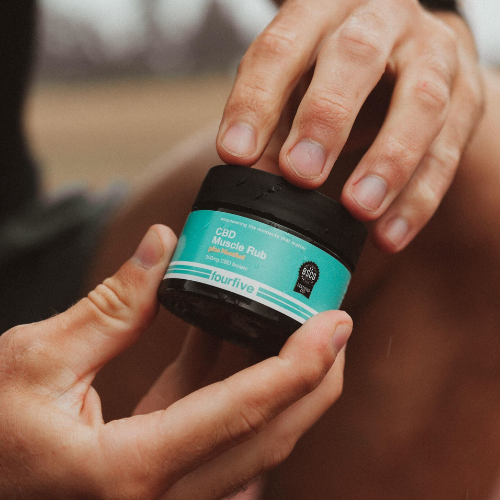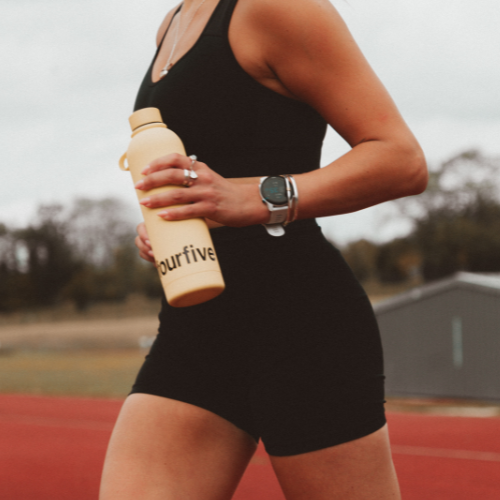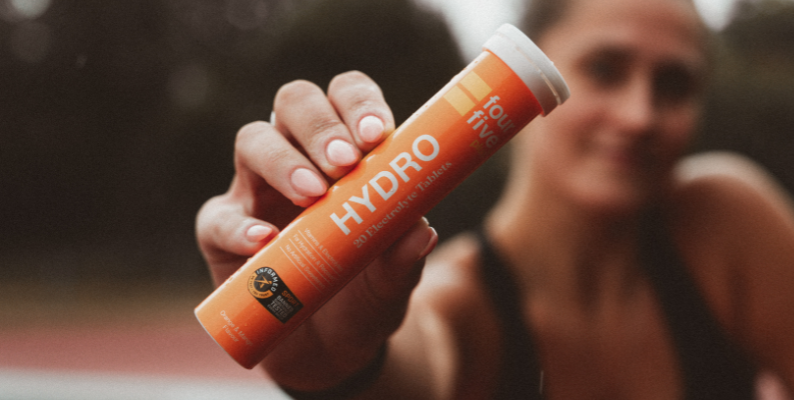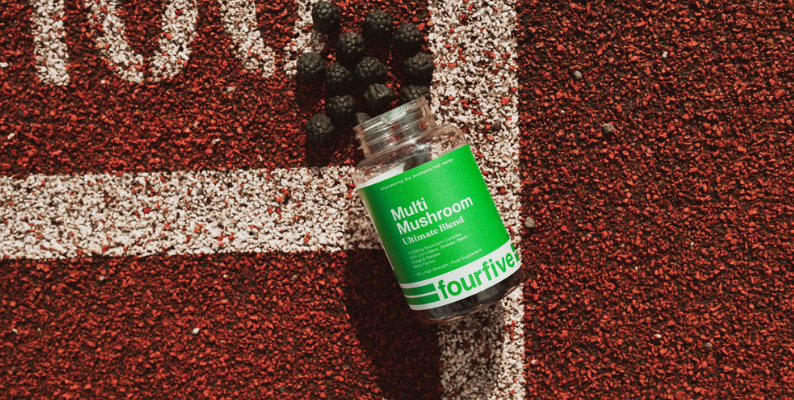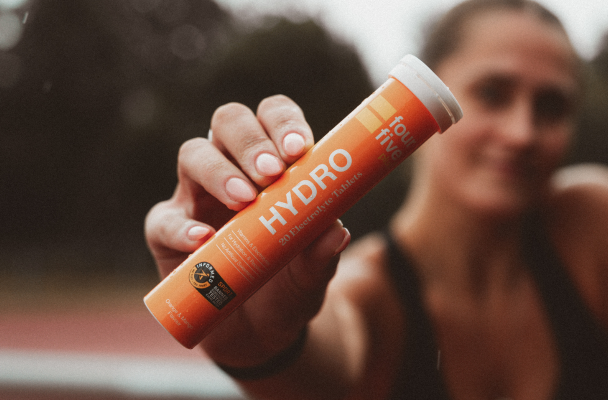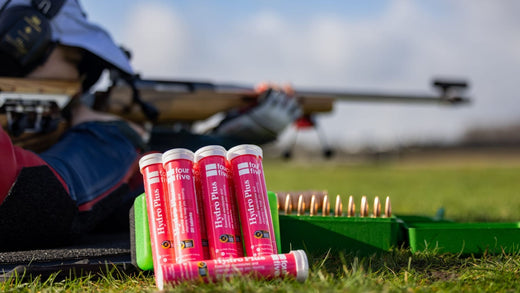The fact that fourfive was established by two professional rugby players – both having played at national level for their countries – should tell you something about our love of the game. And of course, that love only intensifies during major competitions such as the current Rugby World Cup.
Something else that we appreciate as professionals, however, is the importance of rugby players having genuinely healthy diets tailored to their preferences and needs. Meal plans need to be adjusted to suit different players, which can make the subject of rugby-player nutrition a complex one.
Nonetheless, there are certain elements that tend to be consistent across the dietary approaches taken by the most successful rugby performers. So, if you are as serious about emerging victorious as the elite-of-the-elite professionals at the World Cup are, here are some of those fundamentals.
The best diet for training
There is no such thing as “it’s only training” when it comes to rugby; players need to be able to stand up to certain rigours. With that in mind, a well-balanced diet is essential.
What do we mean by “essential” in this context? Well, we’re referring to ensuring a variety of foods from across the “five food groups” – cereal and cereal products, fruit and vegetables, milk and milk products, meat and alternatives, and fats and oils – are represented across your meal plans.
Making sure your training diet takes in foods from across these groups will be key to ensuring your energy requirements are well-catered for and you are able to power through work and training.
The best diet for before a game
With research having found that around 150g to 300g of carbohydrate about three hours before a game can enhance performance, the maximisation of muscle glycogen (carbohydrate) stores will be a key priority for you in the run-up to a big match.
The meals and snacks that you consume at this time should be geared towards preparing you for physical activity – not leaving you with hunger pangs, but also not causing discomfort.
To this end, you should be consuming foods that are low in fat and fibre to reduce the risk of gastrointestinal distress. These foods should consist of moderate protein levels, while being high in carbohydrate for the maintenance of blood glucose.
The best diet for during a game
You might take the chance during warm-up and game breaks to grab a convenient snack of between 20g and 30g of carbohydrate, in order to replenish your carbohydrate stores. This could be something as simple as a large banana, a carbohydrate gel, or a 500ml sports drink.
Our Hydro Plus hydration supplements here at fourfive could also be an excellent choice to support you during exercise, given the role these low-calorie and vegan-friendly tablets can play in replacing the electrolytes you lose through sweating.
The best diet for after a game
As we touched on above, there is no such thing as “mere” training when it comes to transforming yourself into (or remaining) a rugby winner. Even “just” a training session – never mind a game – can be highly demanding on the body.
So, your meal plans for those vital post-game or post-training periods should be aimed towards ensuring optimal recovery through the refuelling, repairing, and rehydration of the body. And that, in turn, will mean providing carbohydrate, fluids, and protein.
A quick start to the recovery process is essential, and should include the consumption of approximately 60g to 90g of carbohydrate, and 20g to 30g of protein, before you even leave the dressing room. The likes of milkshakes, smoothies, and/or protein bars can enable you to accomplish this.
You will then need to follow this up with a proper meal that has plenty of carbohydrates, protein, fat, and vegetables. And as we alluded to above, you will need to top up any fluids lost, too. A good “rule of thumb” here is that for every single kilogram you lose during training, you should drink 1.5 litres of recovery drink or water/sports drink afterwards.
And of course, our fizzy Hydro Plus hydration supplements at fourfive might play their own role in that, with their formulation consisting of water-soluble vitamins, magnesium, and calcium to support metabolism, energy production, and recovery.
Why not, in fact, browse our online store to discover the fuller range of supplements – backed by world-class athletes – that could be fundamental to making you a winner?

